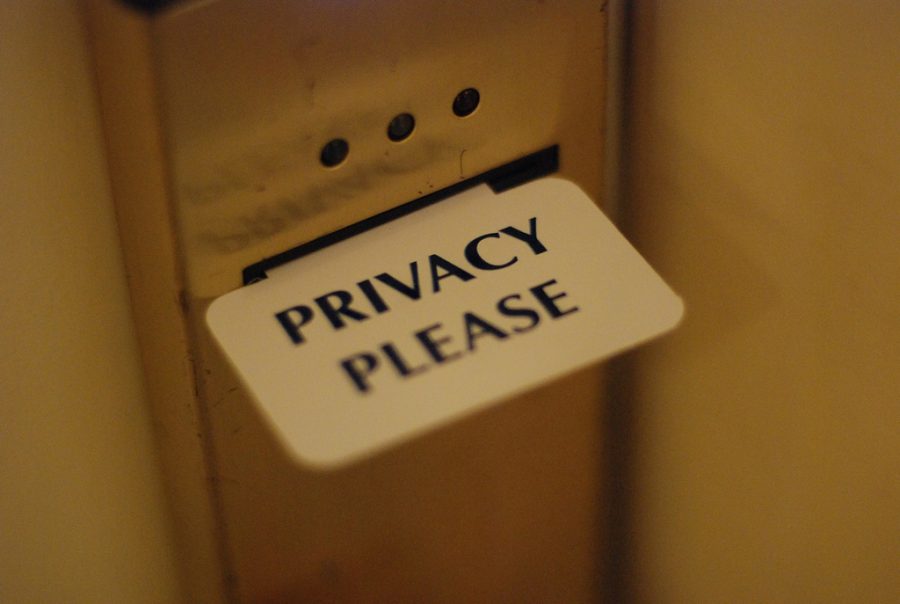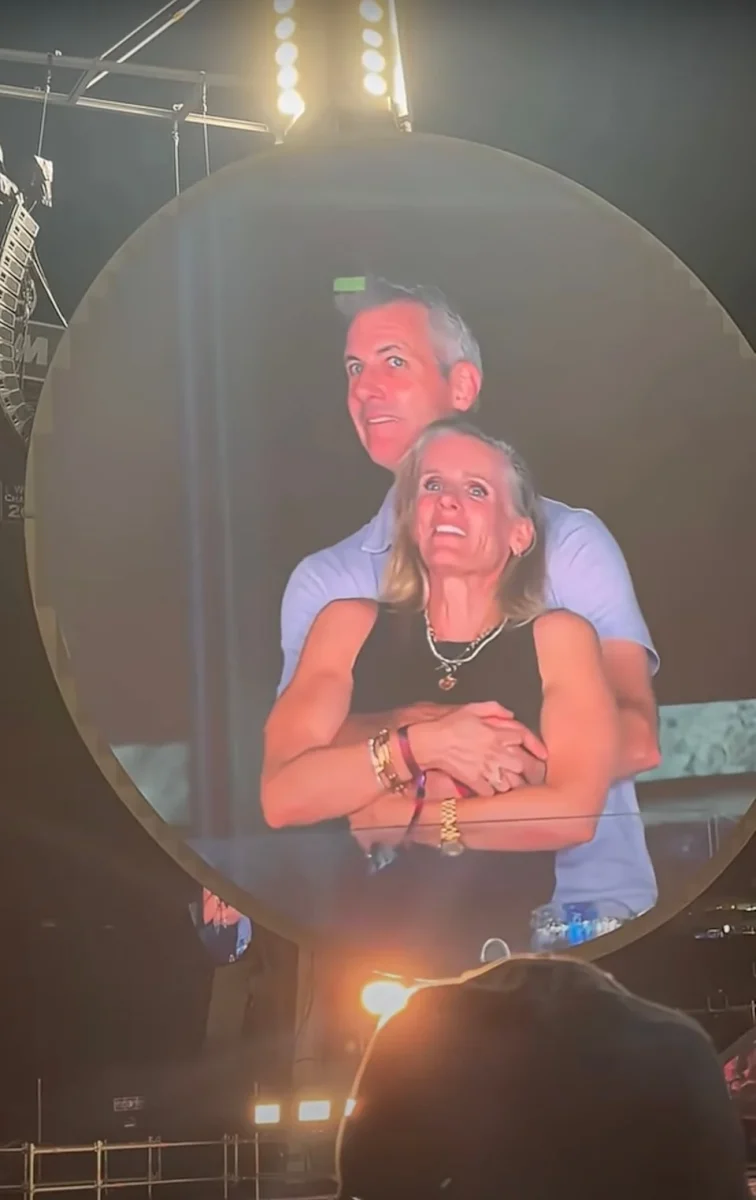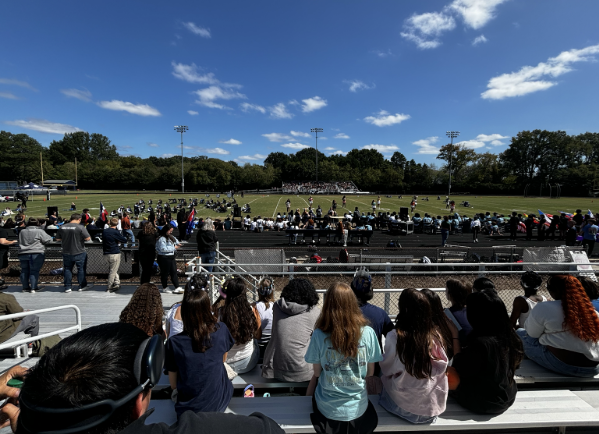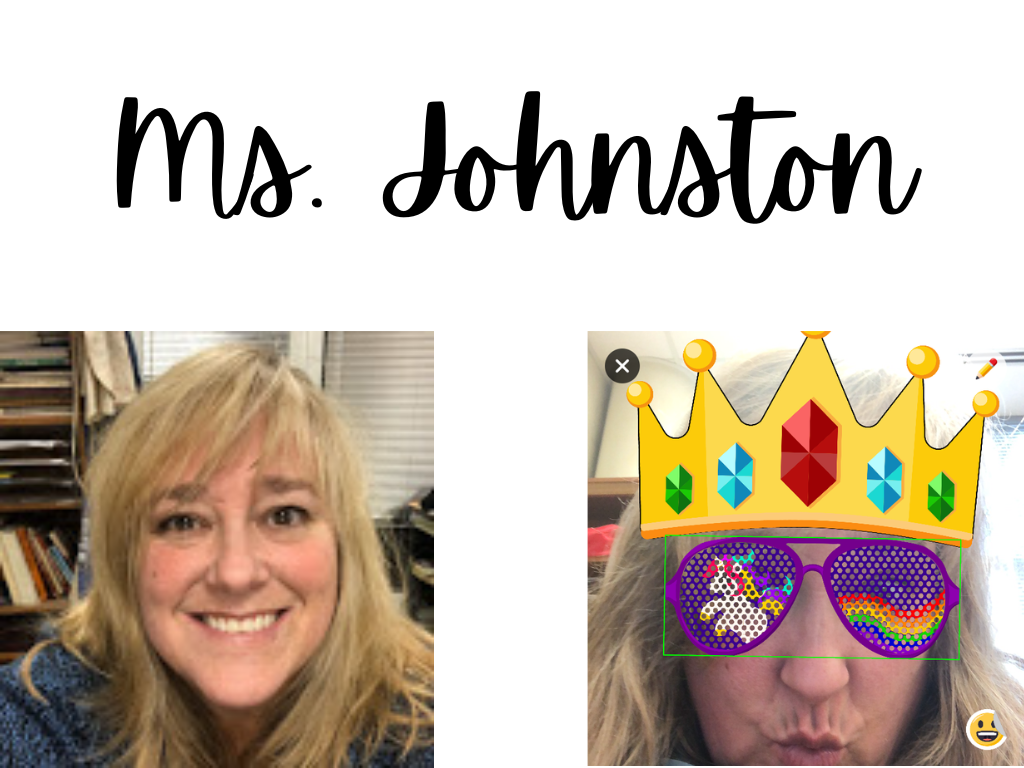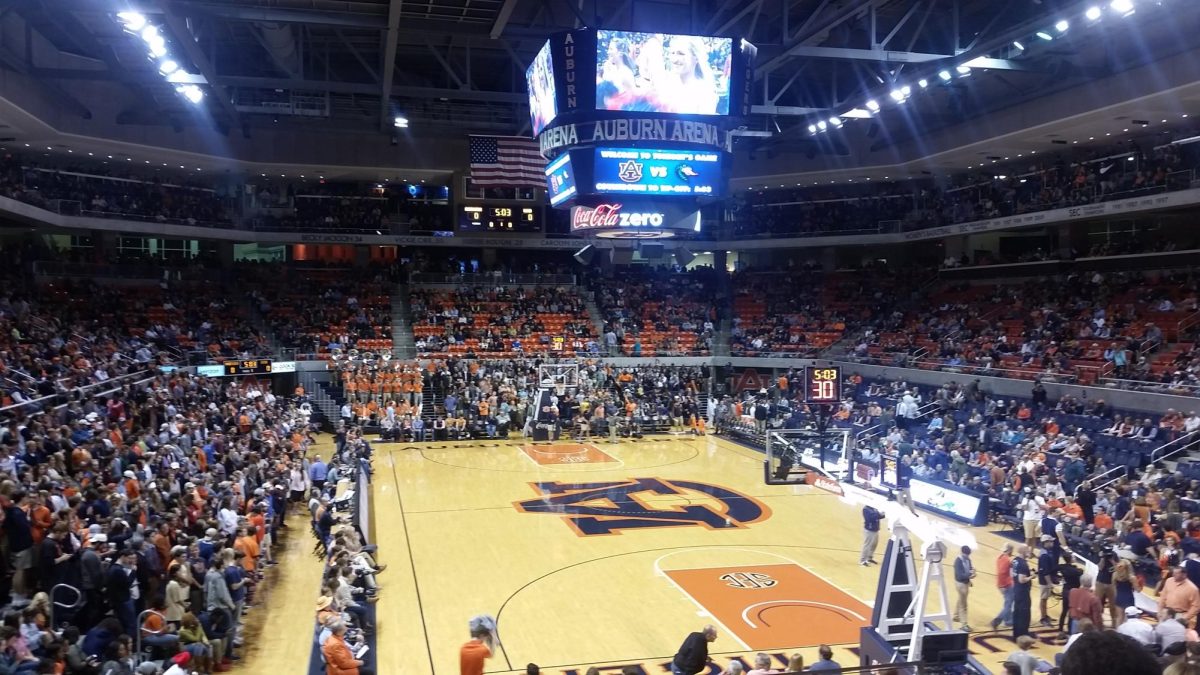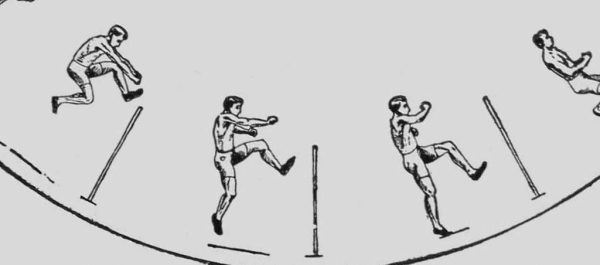Examining the importance of privacy
Hanging out of a hotel door, this sign signifies that the user wants privacy. Pictures such as these paint a picture that privacy is highly important yet there are some benefits to a deficiency of privacy.
May 24, 2018
As technology progresses and becomes more entwined with our lives, it seems that our privacy is being slowly eaten away. Edward Snowden, a federal agent who exposed the NSA’s surveillance of citizens, appeared to have jump started our knowledge that our information is not as protected as we once thought it to be. After the Snowden incident, more situations are turning up which prompt people to become interested in how their information is being distributed. In lieu of one of the more recent privacy problems, Facebook’s scandal involving data privacy leaks, it is crucial to evaluate how important privacy is and to what extent we should keep our information to ourselves.
One of the main problems that a lack of privacy creates is corruption, mainly based on the fact that the more people who know our information, the greater chance that our information will be misused. For example, when a corporation, like Google, knows your information, there are more people exposed to what you are trying to keep to yourself. Even searching something online could warrant being watched by the government more carefully than others. Additionally, there might be corrupt people who have access to your information and use the lack of privacy to their own advantage.
However, it would be a mistake if I did not search for the downfall of having too much privacy because it seems as though people do not acknowledge the dangers of having unrestrained privacy. Less privacy gives the impression of keeping people in check. When it feels as though no one is watching you, you are more likely to do things that you would not do if someone was observing. Knowing someone is watching holds you accountable, helping to keep you on the right path. This was one of the arguments for putting body cameras on police officers; in theory, a police officer would be less likely to break rules when someone is watching them, then if they were not.
One of the ways that the issue of privacy became so popular was the media and entertainment. News sources always jump on the stories of corporations and governments seemingly overstepping their boundaries. Stories of privacy problems tend to make some of the best selling pieces. However, the entertainment field was also guilty of taking advantage of the information issue. One film, The Circle, showed viewers the dangers of having almost no privacy at all. Mae Holland, played by Emma Watson, decided that she would give up her privacy by live streaming her whole day. With stories and movies like these people get scared more easily, increasing their privacy fears.
Taking all things into account, privacy is highly important, but to an extent. While a lack of privacy can keep people in check, it can prevent freedom. As sophomore Allison Henry states, “It’s [privacy] very important because everyone goes through different things which leads them to want to keep certain things private, and when someone invades that privacy, it can break people’s trust and cause them to feel like they are being invaded.” It appears as though there is no perfect balance between having too much privacy and not enough privacy because when the government or corporations have too much freedom with people’s information, people become enraged. It is an endless cycle but one which we must keep fighting to get closer to a proportion that works for all.


